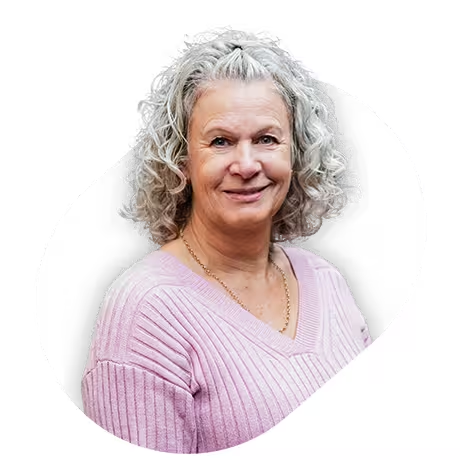Dyalog File Server Licences
For sharing data
The Dyalog File Server (DFS) Licence allows users to share data using a server, rather than sharing files over a LAN. The DFS is able to serve both Dyalog Component Files (DCF) and native operating system files, removing the requirement for clients to have network access to file storage. This is a storage mechanism for APL arrays. The DFS offers users a variety of advantages within the realms of security, performance, operations, and recovery.
Each Dyalog File Server Licence includes the neccessary Run-Time Licence for the specified number of clients/users.
Dyalog File Server Licence Pricing | Annual Cost |
|---|---|
Up to 20 users | £2,250 |
Up to 50 users | £4,500 |
Up to 100 users | £7,500 |
Up to 250 users | £12,000 |
Up to 500 users | £19,500 |
500 or more users | Contact Sales |

Need help choosing a Licence?
If you’re unsure which option is right for you, we’re here to help. Email us at sales@dyalog.com, call +44 1256 830030, or send us a message to talk to our team.
Karen, Customer Account Manager
